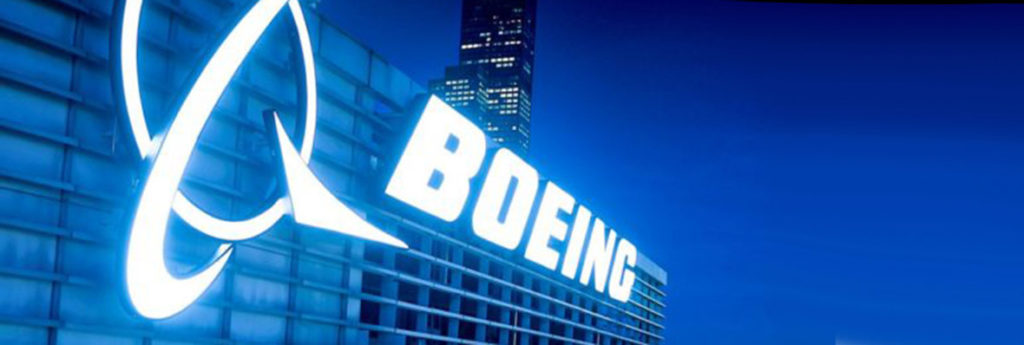This certainly has been a difficult year for Boeing. Now, the Federal Aviation Administration wants to fine the airline manufacturer US $3.9 million, saying that the company installed wing parts on 133 planes even though it knew the parts were faulty. However, the FAA is not without its own laxity on issues when it comes to aircraft manufacturers.
Boeing said Friday that all the affected planes in use have been inspected and fixed. A spokesman said the company is not aware of any incidents involving the parts.
The FAA said Boeing failed to oversee its suppliers. At issue are parts for Boeing 737s known as slat tracks, which sit at the front edge of a plane’s wings and guide the movement of panels called slats. The slats help give planes more lift during takeoffs and landings.
The FAA said the tracks were made brittle during a process in which they received a coating of cadmium and titanium, and that suppliers notified Boeing of the problem. Boeing still submitted the planes for FAA flight approval even after deciding that the slat tracks “could not be used due to a failed strength test,” according to an FAA statement.
In June, Boeing and the FAA both instructed airlines to inspect the slat tracks on some 737s. Friday’s proposed fine deals only with a version called the NG.
The same flaw may affect some 737 Max jets, but those are grounded after two fatal crashes in which a separate flight-control system played a role. Boeing said slat tracks on those will be fixed before the Max is allowed to fly again.
But, and there is a big BUT when it comes to aircraft manufacturers and the FAA.
The government regulators have a decades old practice of allowing Boeing and other aircraft manufacturers to assist in the certification of their own airplanes.
Earlier this year, Daniel Elwell, then the acting head of the Federal Aviation Administration testified at a Congressional hearing about the agency’s certification procedures regarding the Boeing 737 Max.
Elwell told the House Transportation Committee that the process by which company-paid employees inspected their own aircraft was “a good system.”
However, while saying he supported the idea of delegating “certain tasks and certain decisions” to the FAA certified employees of 79 aircraft manufacturers, Elwell acknowledged that the FAA was reviewing the decades-old practice.
Elwell was succeeded by Stephen Dickson in August this year.
Boeing has 30 days to respond to the FAA.

